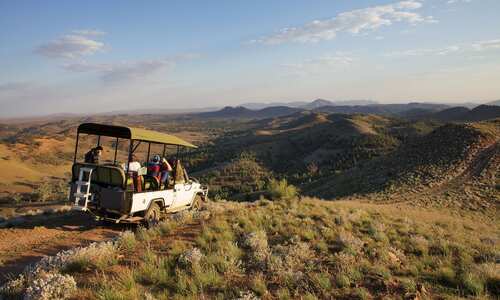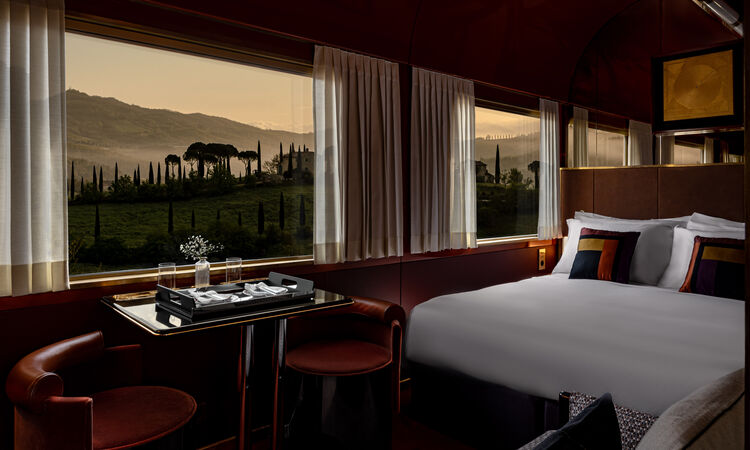Travel Articles
Introduction
Discover the world with these informative, insightful articles, designed to provide inspiration and expertise to help you get excited about a particular place or experience.
List of articles

Marrakech offers an almost bewildering choice of accommodation options from sprawling ultra-modern resorts to historic villas – so how do you choose where to stay?
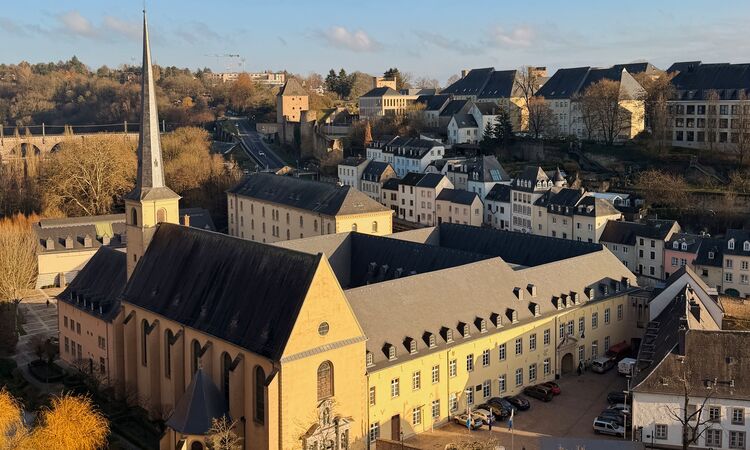
Senior Content Specialist Joel Rabinowitz reports back from a festive weekend break in Luxembourg, including a night in the capital city and a luxury castle retreat at Château d'Urspelt in the country's rural Éislek region.
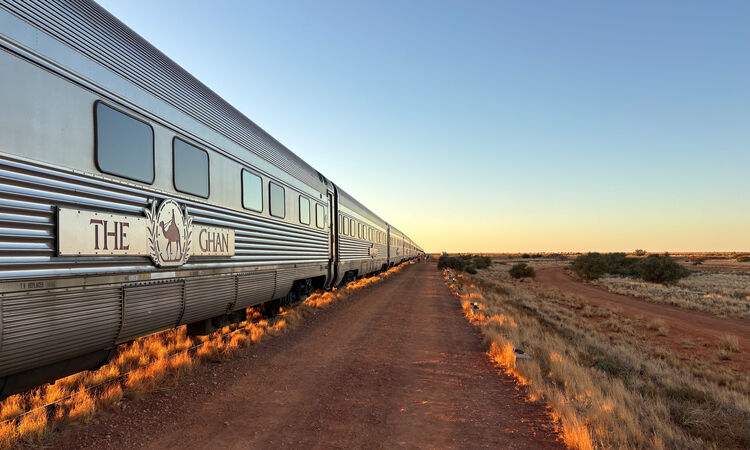
Wexas commercial director Dave Warne journeys through Australia’s Red Centre aboard The Ghan Expedition, exploring the best of the Outback with unforgettable adventures and stunning landscapes.
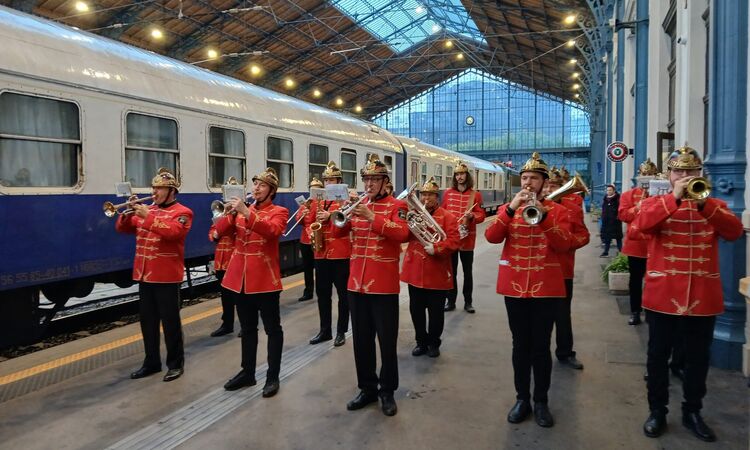
Join Alison on a luxury rail adventure aboard the Golden Eagle Danube Express, from Istanbul’s vibrant streets to the castles of Transylvania and Budapest’s grandeur.

